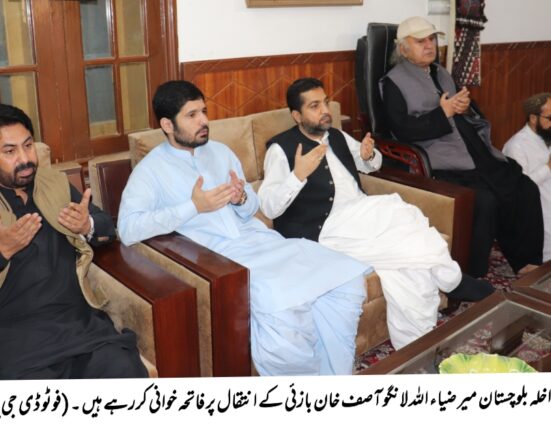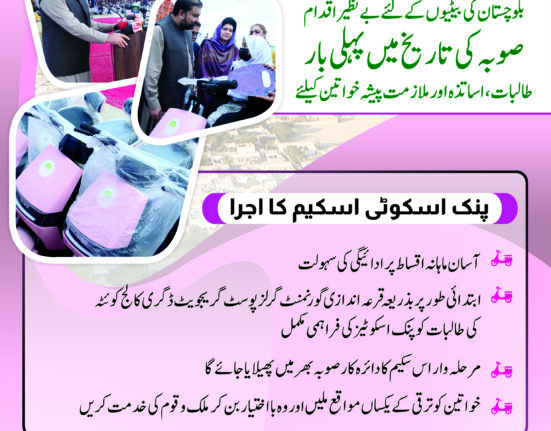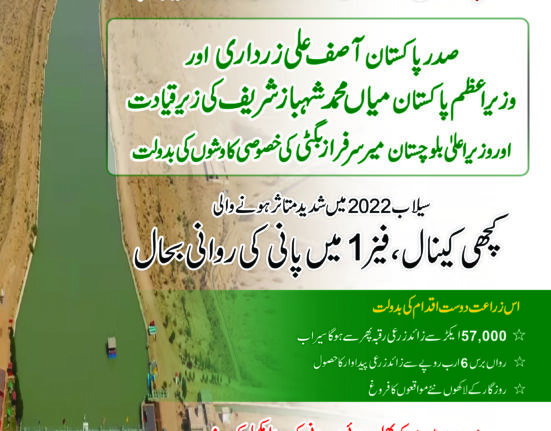The Islamic world has always been a beacon of knowledge, innovation, and discovery, particularly during its Golden Age when scholars and scientists revolutionized fields such as mathematics, medicine, and astronomy. Today, technology presents a unique opportunity to revive that spirit of innovation and bridge the gap between past achievements and contemporary needs. By embracing advancements such as artificial intelligence, renewable energy solutions, and digital education platforms, Muslim societies can address modern challenges while upholding ethical values rooted in Islamic teachings. Rather than fearing or restricting technological tools, leveraging them responsibly can empower communities, foster global collaboration, and create pathways for sustainable growth and progress.
Surprisingly, VPNs are neutral tools, offering both moral and immoral uses.
Currently, the evolving global educational landscape is evidence of day-to-day progress. For instance, Finland, China, and even the United Arab Emirates are utilizing technology for educational growth. They have integrated smart classrooms and smart curricula into their educational systems. This approach has helped Finland achieve a literacy rate of 100%. It has also contributed to dramatic growth in China across multiple fields. However, Pakistan’s education system faces significant challenges, but it holds immense potential for growth and transformation. By investing in the integration of artificial intelligence and technological tools, the country has an opportunity to revolutionize education and make learning more accessible. These innovations can bridge gaps, provide personalized learning experiences, and reach underserved communities. Rather than hindering progress, fostering an environment that embraces technology can accelerate educational development and empower the youth to become active contributors to a knowledge-based economy.
Pakistan is at a pivotal point where economic challenges, such as foreign debt, can be transformed into opportunities through innovation. By creating a supportive environment for technological advancement and fostering a culture of entrepreneurship, the country can attract foreign investors eager to tap into its potential. Strategic investment in tech-driven industries not only eases economic pressures but also lays the foundation for sustainable growth, job creation, and global competitiveness.
Ethical choices are best nurtured through education and the values taught in Islam, fostering a responsible approach to internet use and technology. Encouraging digital literacy and ethical awareness can effectively address concerns about internet misuse without resorting to restrictive measures. Instead of censorship, promoting open access to information, combined with guidance, empowers individuals to make informed and moral decisions. This approach not only preserves intellectual freedom but also positions Pakistan to actively participate in the global economic and technological landscape, unlocking new opportunities for growth and innovation.
The youth, the primary users of social apps and the future architects of the country, are also rejecting the censorship. It is leading them toward isolation and disconnecting them from the rest of the world. The result is brain drain, frustration, and economic stagnation.
The quintessence of the above discussion is that bans and censorship have a negative impact on the overall picture of the country in terms of the technological innovation, economic development, education, and the youth’s mindset.
A shift in approach is needed to drive development and foster technological innovations.











